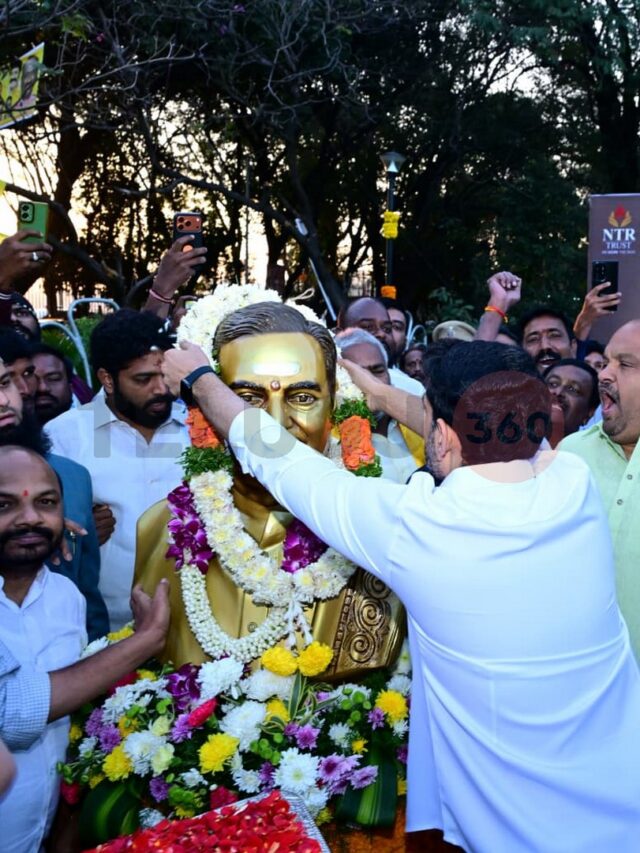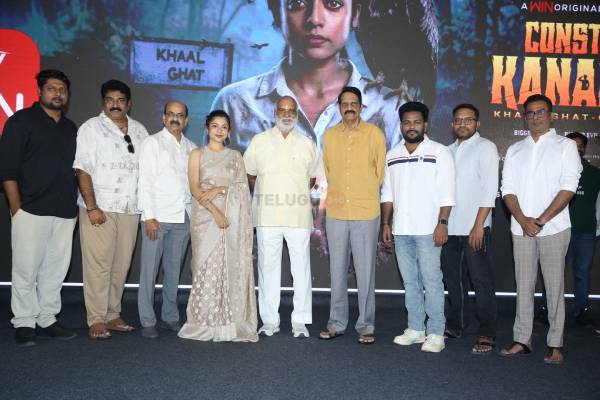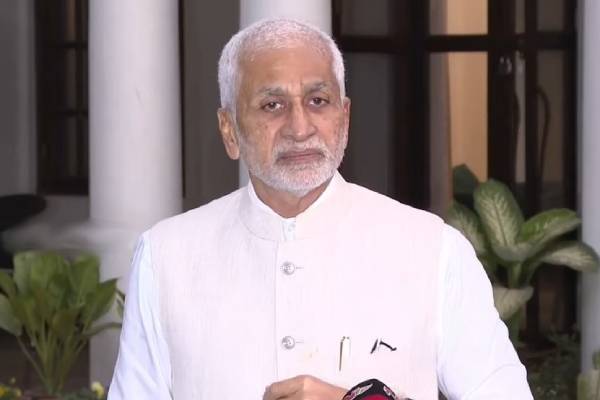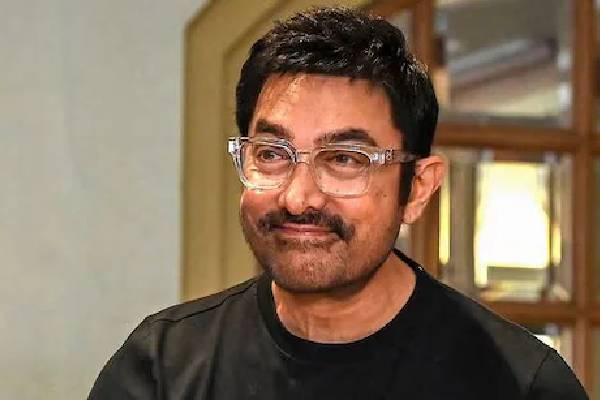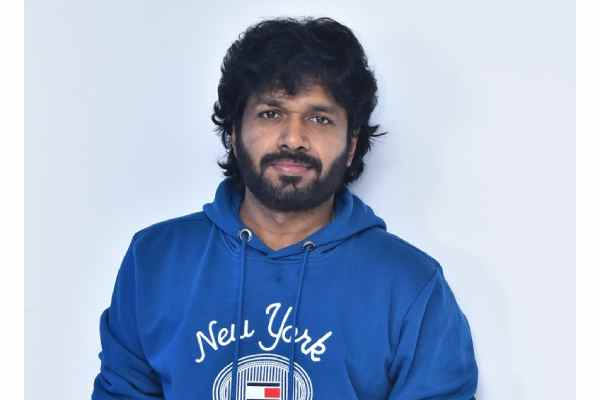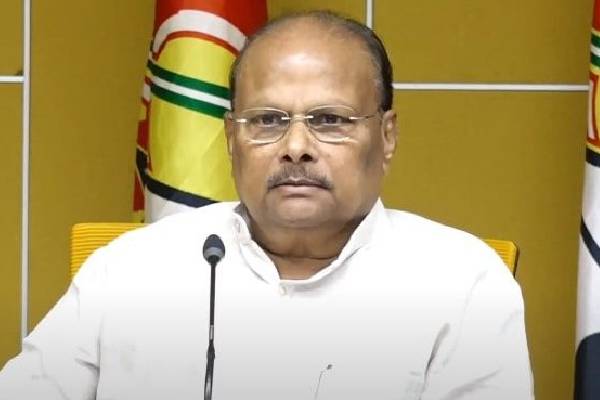Entrepreneur and philanthropist Upasana Kamineni Konidela has once again pushed the envelope on women’s empowerment with a strong message that is now being hotly debated across social media and mainstream platforms.
In her latest post, she highlights a clear cultural shift among young Indian women, who are increasingly prioritizing education, careers and financial stability, and choosing marriage for love and compatibility rather than social pressure.
Her words strike a deep chord because they challenge the long-standing expectation that women must fit their ambitions around marriage instead of fitting marriage around their ambitions.
Upasana’s stance gains urgency in the backdrop of rising domestic abuse, unstable marriages and the emotional labour disproportionately carried by women in Indian households. She argues that when women are encouraged to first build personal strength, self-reliance and economic security, they are better equipped to walk away from toxic environments, negotiate healthier relationships and make informed life choices.
Financial independence, she emphasises, is not merely about earning an income- it is the power to say no to abuse, to exit unsafe relationships and to access healthcare and support without dependence or fear.
Reiterating that she is not anti-marriage, Upasana frames her message as deeply “pro-agency,” stating that career and marriage are not opposing forces but parallel tracks that can coexist when timelines are chosen by the woman herself.
Critics who argue that such thinking may discourage early marriage, she contends, are missing the point: the shift is from fear-based decisions to strength-based ones.
Experts observing social trends note that more Indian women are delaying marriage, investing in upskilling and insisting on partnerships of equals, a transformation that mirrors what Upasana is amplifying.
Her call for families and institutions to support women’s economic independence, mental well-being and health literacy is being hailed as vital in reshaping how India understands marriage, autonomy and long-term fulfilment.
In championing these values, Upasana is not rejecting family systems; she is strengthening them by advocating for relationships grounded in consent, equality and mutual respect.



